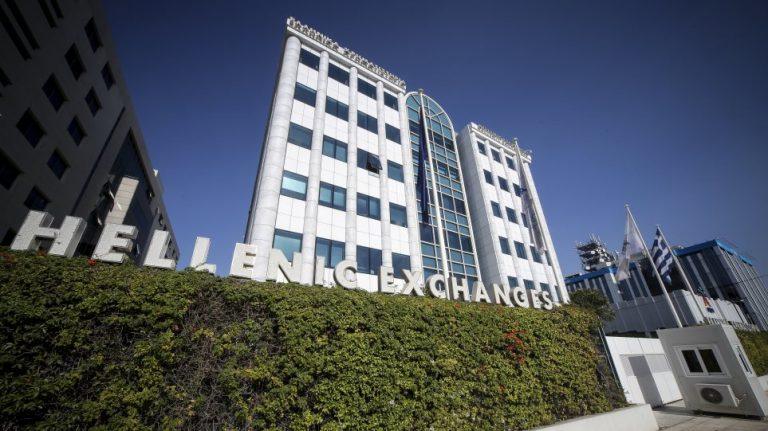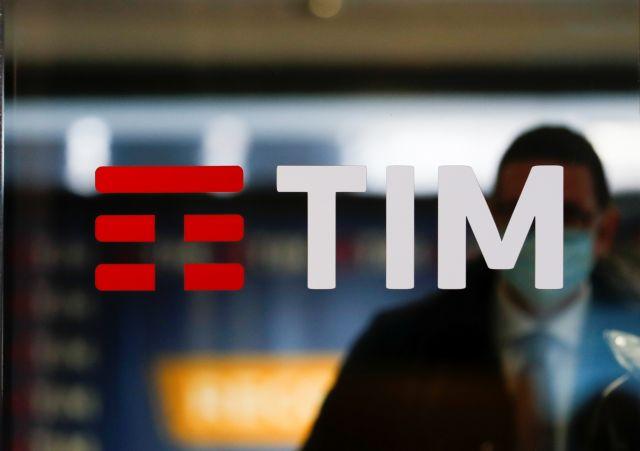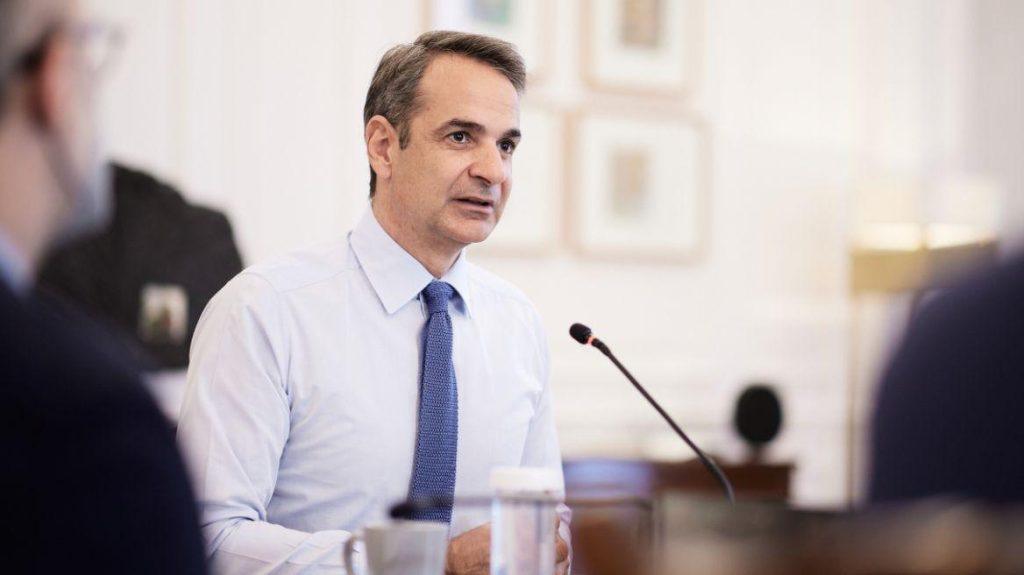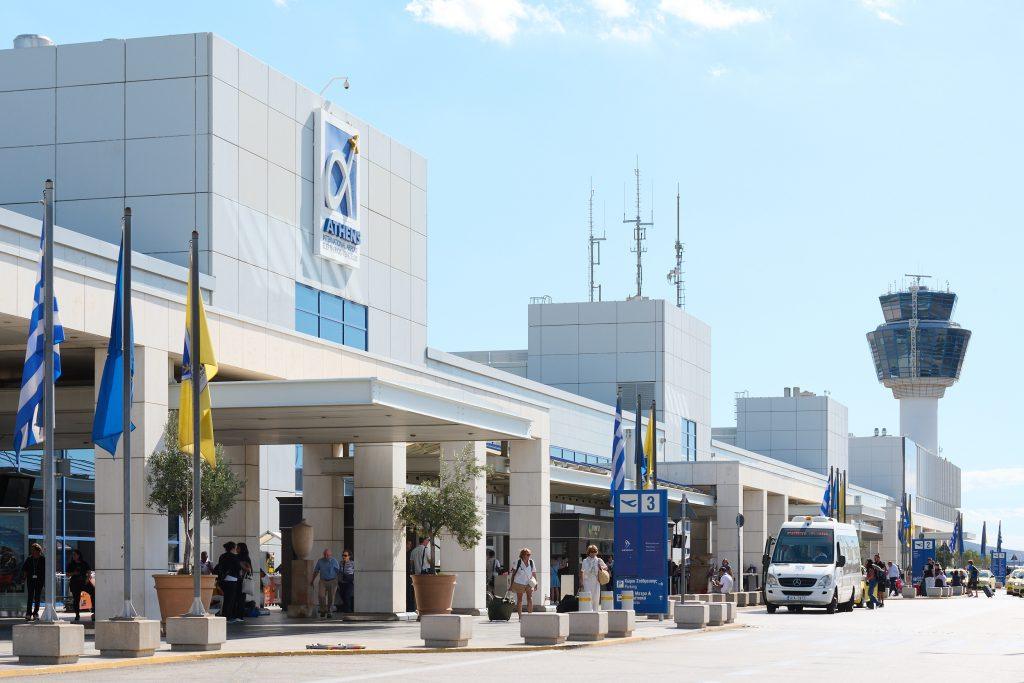The German press is doting on the British Museum’s refusal to return the Parthenon Sculptures. “The British Museum’s claim to ownership of the so-called Elgin marbles is extremely controversial. It is not only rejected by Athens, but also by many experts”, writes TAZ under the title “Stolen Gods”.
The German newspaper observes: “Taking a closer look at the circumstances of this ‘purchase’ by Lord Elgin we find that the theft of pieces of the frieze from the Parthenon is, we might say, the mother of all art thefts committed by the great European powers in the East in the 19th century.
The claim, still made today in London, that Lord Elgin had written permission from the then Sultan Selim III is demonstrably false. The relevant firman does not exist, so it could never be presented. Recently the Turkish historian Orhan Sakin, a specialist in the Ottoman Archives in Istanbul, once again researched all the relevant documents. According to the historian, the only document related to the case is a copy of an Italian translation of a letter written to Lord Elgin by the Kaimakami of Athens, the highest Ottoman official in the city at the time. The letter states that Lord Elgin had permission to make plaster casts, but not to remove 2,400-year-old works of art from the Parthenon and ship them to London.
The original of Kaimakami’s letter does not exist. And there is certainly no other document from a higher-ranking Ottoman official. A firman of the Sultan, if it had existed, would certainly have been included in the archive because all such decrees are guarded with special care.”
Berliner Zeitung: “Return of Stolen Treasures”
“The British Museum’s persistent but successful stance on returning cultural treasures has long been seen as a model for other museums and cultural institutions around the world,” notes the Berliner Zeitung under the title “Returning Stolen Treasures.”
The German newspaper notes: “Despite the fact that Lord Byron‘s public disapproval of Lord Elgin’s actions is recorded in British cultural history, the belief prevailed in Britain more than elsewhere that what is included in museum collections is part of national heritage. Let’s not forget that the Museum Island in Berlin was also created on a British model as a place to collect cultural trophies from all over the world. The once mighty British Empire set the framework here as well. In Great Britain, the National Heritage Act was considered a law, which for a long time conflicted with the Greek request for the return of the Sculptors”.
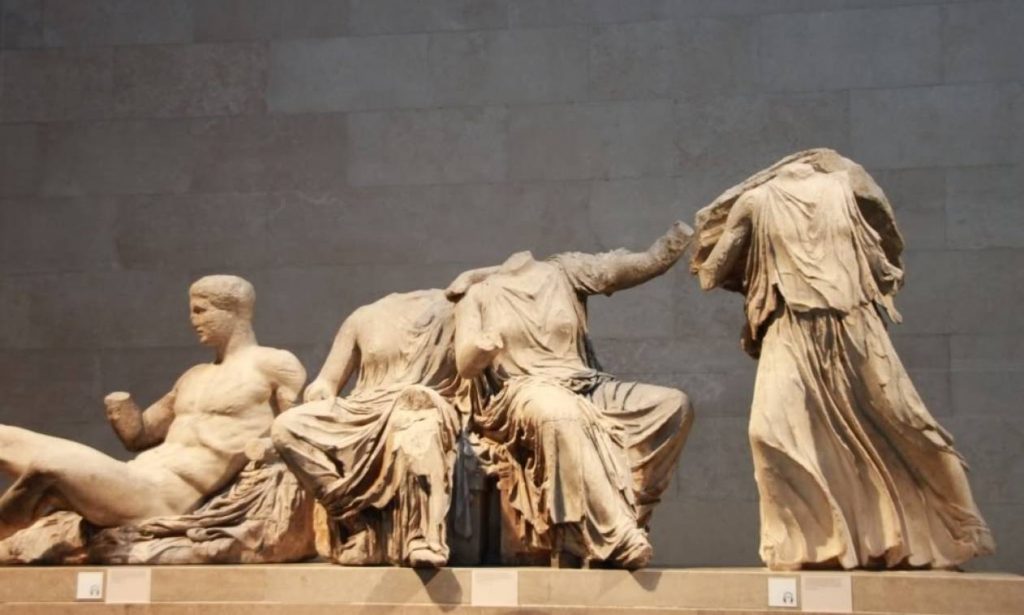

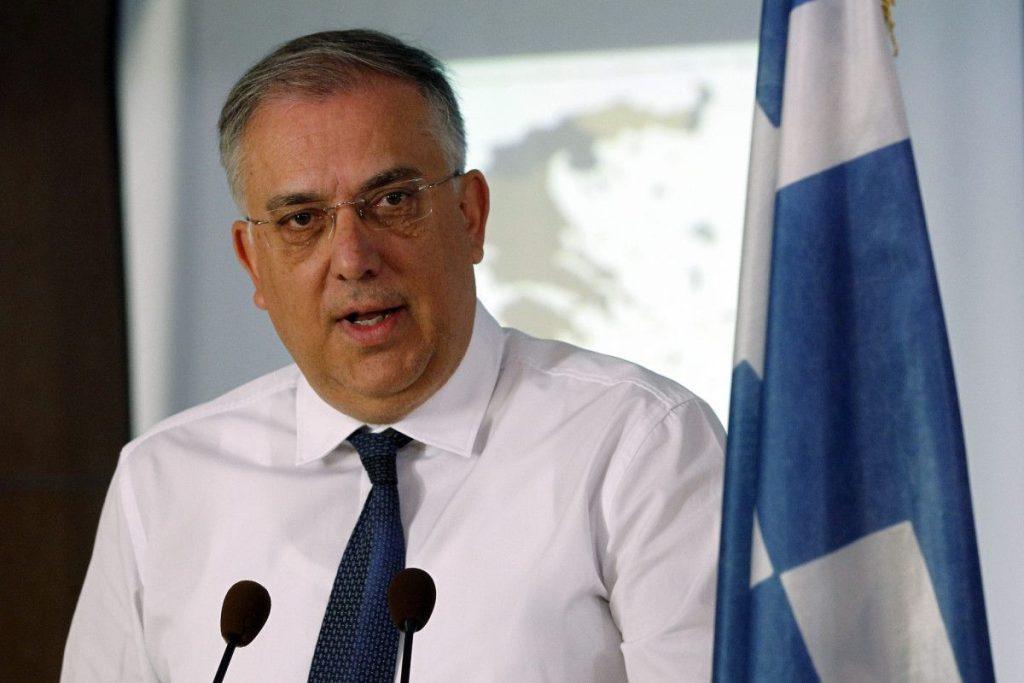
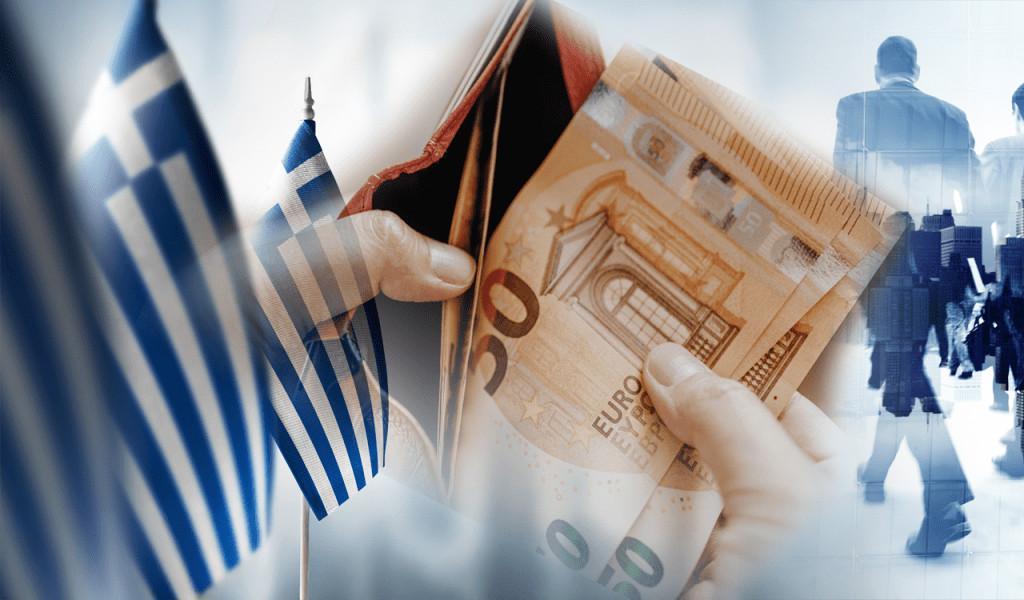









![Airbnb: Πάνω από 90% οι πληρότητες για Χριστούγεννα και Πρωτοχρονιά [πίνακας]](https://www.ot.gr/wp-content/uploads/2025/12/ot_airbnb_christmas.jpg)


